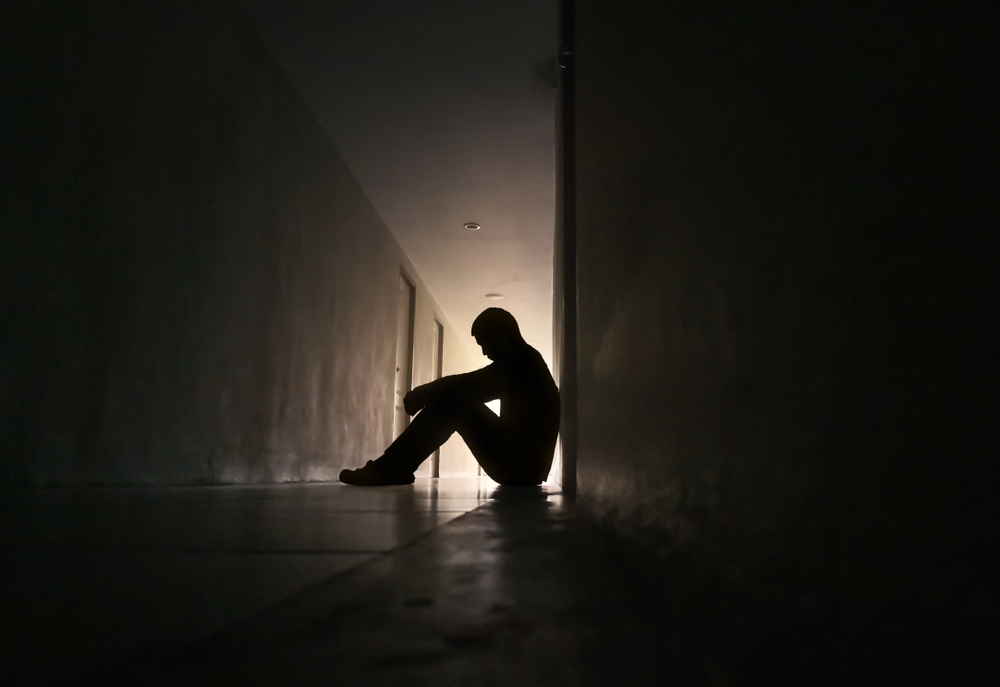


Depression is a term that is often used to describe feeling sad or “down,” however clinical depression goes beyond these feelings. Clinical Depression can often be debilitating and can affect numerous aspects of an individual’s functioning, including relationships, work, or school. Depression also impacts the way an individual feels and perceives themselves. Depression can lead to an individual experiencing a decrease in motivation, resulting in challenges sustaining day-to-day activities and responsibilities such as school performance, working, spending time with friends and loved ones, and even leading to challenges maintaining personal hygiene. In severe cases, depression can lead to suicidal thoughts or intentions.
An estimated 17.3 million adults in the United States had at least one major depressive episode in 2019. This number represented 7.1% of all U.S. adults. The prevalence of major depressive episode was higher among adult females (8.7%) compared to males (5.3%).
Symptoms of Depression include:
• Sad or depressed mood or a lack of pleasure
• Changes in sleep (sleeping more or less than usual)
• Changes in appetite
• Difficulty concentration
• Diminished or lack of interest in activities
• Hopelessness
• Thoughts of death/dying or suicide
• Fatigue or loss of energy
• Low self-esteem
The good news is that there are a variety of evidence-based treatments that have been shown to be effective in treating depression. One of the most effective is Cognitive Behavioral Therapy, which is often referred to as “CBT.” CBT for depression helps to modify how individuals feel and think about themselves and the world around them and targets behavioral activation to help individuals struggling return to previously enjoyed activities.
Additionally, there are other ways that individuals can help in reducing the symptoms of depression. This includes setting small, achievable goals for yourself each day, rewarding yourself when you complete your goals, and engaging in some form of physical activity each day such as; going for a walk, working out, or riding a bike.
If you or someone you know appears to be struggling with symptoms of depression, don’t hesitate to call Quintessential Health (1-833-QHCARES) for a free consultation.
Written by Carly Gerbi